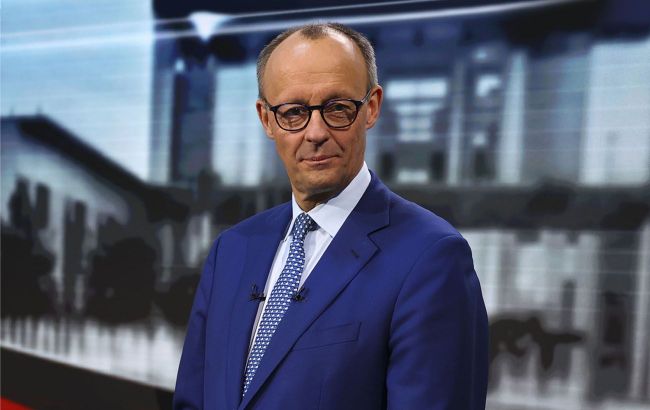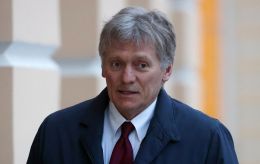Germany moves to reclaim its leadership role in Europe – Bloomberg
 Photo: Friedrich Merz (Getty Images)
Photo: Friedrich Merz (Getty Images)
The German chancellor says the EU cannot continue in its current format. He is demanding more powers for national governments, Bloomberg reports.
Struggle for influence
Friedrich Merz wants Germany to once again determine key decisions in Europe. The chancellor discussed this with his allies from the center-right camp at recent meetings, a diplomat told the agency. "Merz is taking control," the interlocutor noted.
This puts him on a collision course with European Commission President Ursula von der Leyen. In recent years, she has concentrated more power in Brussels, promoting a pan-European approach to crises. But Merz now wants to shift the center of gravity back to Berlin.
Criticism of European Commission
The chancellor openly criticizes von der Leyen on trade, the EU budget, climate policy, and defense. "We must now put a stick in the wheels of this machine in Brussels," he said on Friday, speaking to business leaders.
Merz intends to halt the EU's move towards a more federal model and return more powers to national governments. On Wednesday, October 1, he will present a "precise list of demands" to his colleagues at the summit in Copenhagen.
First clashes
Just a few weeks after taking office in May, Merz began publicly limiting von der Leyen's initiatives. In July, she proposed expanding the EU budget to €2 trillion and introducing new taxes. Merz rejected this outright: "For Germany, I can rule out that we will go down such a path. We will not do that."
He also criticized the protracted trade negotiations with Donald Trump. "Better quick and easy than lengthy and complicated," said the chancellor. Even after reaching a compromise with the US, Merz remained dissatisfied: "The German economy will suffer significant damage from these tariffs."
Economy and politics
Merz's vision for the EU is based on economic interests, greater flexibility among countries, and bilateral agreements. "It just cannot continue like that," he said on Friday.
His approach is also aimed at a domestic audience: Germany's economy is shrinking, and the far-right Alternative for Germany is overtaking the CDU/CSU bloc in the polls.
"For a domestic audience, Merz certainly has to make sure that Brussels doesn’t overreach, for example, when it comes to competitiveness," said Sudha David-Wilp, an analyst at the Marshall Fund.
Disagreements over defense
In August, von der Leyen said Europe was preparing "precise" plans to send troops to Ukraine after the war. Merz immediately objected: "No such plan existed, at least not in Germany. The European Union is not responsible for this."
Berlin also insists that it is the governments, not the European Commission, that should approve arms purchases under new military programs. "Germany stands ready to assume a leading role," the government's proposal says.
Disagreements over Israel
Merz and von der Leyen may soon disagree on Israel as well. The European Commission has proposed stripping the country of some of its trade privileges, but this is difficult for the CDU to accept. At the same time, the Social Democrats, the junior coalition partners, are demanding that Merz support the measure. He promised to announce his decision at the EU summit on Wednesday.
On Tuesday, the chancellor has scheduled an away meeting of the government, and on Friday, a meeting with Emmanuel Macron.
Old rivals
Although Merz and von der Leyen are both conservatives, they represent different wings of the CDU. At the same time, in recent years, they have established a working relationship and even regularly coordinated their actions.
After Merz came to power, he and the head of the European Commission switched to informal communication with each other. However, the chancellor immediately made it clear that the EU was a priority for him.
EU officials note that Merz's ambitions could strengthen the Union, as the European Union cannot function fully without national leaders. The chancellor himself acknowledges von der Leyen's achievements: "Dear Ursula, you give Europe a voice in the world, a European voice."
But his final position sounds different: Europe feels that Brussels is "increasingly intervening in people's everyday lives with competencies that this EU simply does not have."
According to Eurobarometer, in 2025, trust in the EU reached its highest level in 18 years: 52% of Europeans trust the EU, which is the highest result since 2007.

